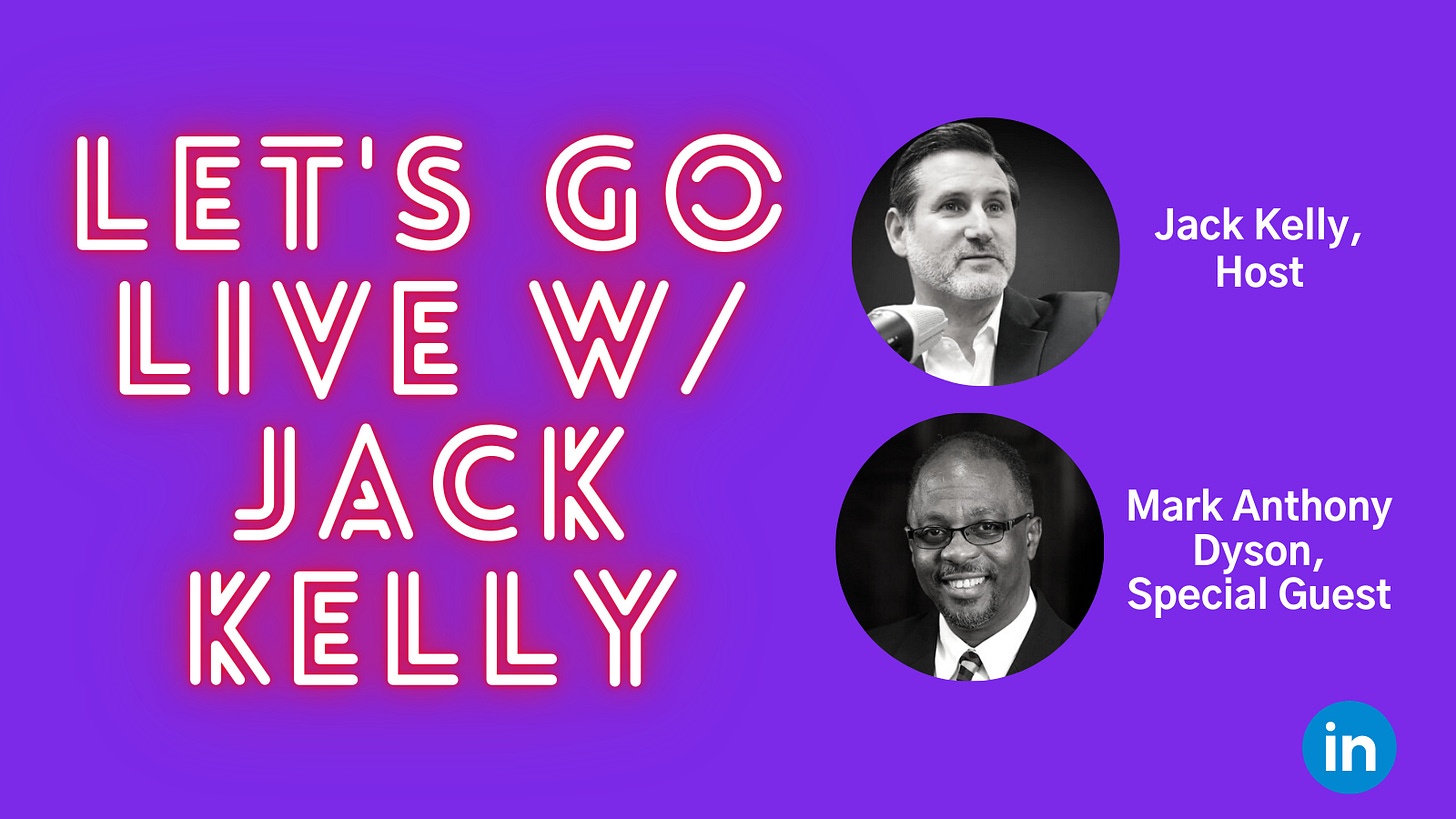The Kellington Times
Google Will Invest $7 Billion In Offices Across America And Create 10,000 New Jobs
It feels that we’re coming to the countdown of what companies in the U.S. are going to do about their working arrangements. Many people look to leading progressive, cutting-edge companies to see what they’re planning.
One of those leaders is Google and its parent company, Alphabet. Sundar Pichai, the CEO of both entities, previously said he’d be “flexible” with its workers and offer a “hybrid” model that will include a blend of both remote and in-office methods of working.
Pichai said, “We firmly believe that in-person, being together, having a sense of community is super important when you have to solve hard problems and create something new so we don’t see that changing. But we do think we need to create more flexibility and more hybrid models.” He feels that this approach would serve to accommodate the desires of the Googlers.
In a company blog post published Thursday, the chief executive wrote, “I believe a lasting economic recovery will come from local communities, and the people and small businesses that give them life.” Pichai added, “Google wants to be a part of that recovery. That’s why we plan to invest over $7 billion in offices and data centers across the U.S. and create at least 10,000 new full-time Google jobs in the U.S. this year. This includes investing in communities that are new to Google and expanding in others across 19 states.”
This decision strays from what was previously believed—that remote work will be the future. Google’s large investment in office space reflects that while remote work will still be an option, it won’t be universally adopted as previously believed.
“Coming together in person to collaborate and build community is core to Google’s culture, and it will be an important part of our future. So we continue to make significant investments in our offices around the country,” he said. “This will help bring more jobs and investment to diverse communities as part of our previously announced racial equity commitments. We’re already making progress: 2020 was our largest year ever for hiring Black and Latinx Googlers in the U.S., both overall and in tech roles.”
Google plans to open or enhance locations throughout the country. This includes a data center in South Carolina, a new Cloud engineering site in Durham, North Carolina and Operations Center in Southaven, Mississippi. The company will open their new Reston, Virginia office building and the first Houston office.
In the Midwest, there will be new or enhanced locations in Rochester, Minnesota, New Albany, Ohio and Papillion, Nebraska. The search giant will continue to add to its New York offices, planning to double their workforce by 2028.In other parts of the Northeast, they’ll invest in their Cambridge, Massachusetts, Pittsburgh, Pennsylvania offices and add to the workforce in Washington, D.C.
The company plans for a new Portland, Oregon office and Google will continue to grow its footprint in California. It will also support affordable housing initiatives in the Bay Area as part of its $1 billion housing commitment.
The move by Google is a smart hedge, as the company acknowledges there isn’t a one-size-fits-all solution. There are some people who can’t wait to return to an office setting. Others love being at home, as it affords them a better work and life balance.
Although it looks like we may have the upperhand on Covid-19, there is no guarantee that there won’t be future resurgences and new strains. A large number of people may remain afraid of returning to work. They’ll be worried about contracting the virus during the round-trip bus and train commutes or while at work. Potential massive legal liabilities will force management to allow people who are either at risk or overly anxious to remain at home.
Corporate executives will also factor in the risks of having a significant percentage of their staff working remotely. They’ll be anxious about the adverse impact on the company and the productivity of employees. It could divide the workforce into two camps—the ones who are in the office and those who are at home. The people working remotely may start to feel left out, as they won’t have the daily interactions and serendipitous meetings with managers and colleagues that regularly occur at the office.
Human resources could feel that recruiting, onboarding and training new remote hires will be challenging. Projects that require collaboration from multiple people may take longer without everyone being at the same location. Executives may feel that there is the potential for a loss of corporate culture and lack of camaraderie with a large majority of people working outside of the office environment. Without spontaneous meetings, lunches taken together by co-workers and drinks after work, the attachment and connection with the company diminishes.
Smart, young, talented people may elect only to work at companies that require people to be at the office. For Generation-Z and younger Millennials, it is socially important to be around other people. They desire a social life with their co-workers, need mentors and to feel a part of something. It would be disheartening for them to get a new job with a great company, only to sit in front of a computer in a small apartment or their parents’ home everyday.
It has been reported that the divorce rate has rapidly increased during the pandemic. In a study, about “31% of couples admitted lockdown has caused irreparable damage to their relationships.” Being stuck at home has caused an increase in stress and tension. This is exacerbated when parents have to juggle careers and child care for young ones.
It's reasonable to see why Google is seriously considering a blended hybrid approach toward work. Most likely, many other companies may follow the tech giant’s lead and offer a combination of alternative work arrangements.
In A Sign That The Pandemic May Be Behind Us, JPMorgan Is Bringing Back Interns For The Summer
You can feel that we’re getting ready for a grand reopening of the economy. There is a steady stream of companies signaling their plans for the near future. We are seeing a trend of tech companies leaning toward a flexible hybrid between both in-office and remote work. A couple of major investment banks want people to return to the office.
According to the New York Times, JPMorgan is planning to have summer interns come into the office at its New York and London locations. In addition to a number of states, including Texas, Florida, Connecticut and California, announcing relaxation of restrictions, such as the opening up Disneyland and doing away with mask-wearing mandates, bringing in young interns is a sign that we’re getting back to a new normal.
JPMorgan, as well as other big banks, traditionally hires hundreds of summer interns. Last year’s class was virtual, but this time it will be in-person. The same holds true for its London offices. The bank intends to start bringing in interns on March 29, after the stay-at-home orders have been lifted. Both locations plan to ensure the health and safety of the incoming class of interns.
It's not surprising that JPMorgan is taking the lead in bringing back interns. Jamie Dimon, the chief executive of the prestigious bank, had previously requested employees to return to work months ago. Dimon required JPMorgan traders, bankers, brokers and research analysts to return to their offices by September 21, after six long months of working from home.
After experimenting with remote work and having traders, salespersons, bankers and other key professionals based in locations outside of the office, the bank claims that it's essential to have people return.
Wall Street doesn’t have factories or produce physical products. It primarily offers information and intelligence. Working and collaborating together builds a camaraderie and esprit de corps. Traders, bankers, brokers, compliance, human resources and other personnel share key information, engage in daily discussions and feed off one another. Young employees need mentors, guidance and direction.
The synergy, according to JPMorgan, is diminished when its people are disconnected from one another. Leading by example, Dimon and other senior-level executives have already returned to the office last summer.
The bank is trying to be empathetic and offers the continuation of remote work for employees “with child-care issues and medical conditions that make them more vulnerable to coronavirus complications.”
Another top-tier investment bank is going along with JPMorgan. David Solomon, the CEO of Goldman Sachs, said on Wednesday that he wants his people back at the office. Solomon, who prides himself as a down-to-earth guy and has a side gig playing DJ for parties and events, dropped the nice-guy schtick, calling remote work an “aberration.”
Solomon, referring to the prevailing sentiment of working remotely, said, “I do think for a business like ours, which is an innovative, collaborative apprenticeship culture, this is not ideal for us. And it’s not a new normal. It’s an aberration that we’re going to correct as soon as possible.” Solomon pointed out that Goldman Sachs only had “less than 10%” of its people in the office during 2020.
Solomon is particularly concerned about the fate of new hires. Like many Wall Street firms, Goldman Sachs aggressively hires bright, young people to train for investment banking, trading, portfolio management and other positions. The chief executive highlighted the need for newly hired analysts to get inducted into the Wall Street way from their office desk. “I am very focused on the fact that I don’t want another class of young people arriving at Goldman Sachs in the summer remotely,” Solomon said.
Interestingly, a couple of other major international investment banks are taking a different course of action. They feel that their future will be a combination of remote and in-office work. Both Lloyds Banking Group and HSBC said they plan to significantly reduce their commercial office space by 20% and 40% respectively, showing their intention of having a large segment of employees working remotely.
Jes Staley, the CEO of Barclays, has been flexible in his view of remote work. Last April, Staley championed remote work, claiming, “Putting 7,000 people in a building may be a thing of the past.” He’s now somewhat sanguine about this trend and said, “It’s remarkable it’s working as well as it is, but I don’t think it’s sustainable.”
According to Fox Business, the Bank of America hasn’t offered official plans on a return date. Wells Fargo plans to have its 2021 internship programs conducted virtually, stating, "The safety and well-being of our employees—including interns—and customers is top priority, and we continue following the guidance of health experts."
WeCruitr Job Board
Looking for a job is usually a solitary task, but it doesn’t have to be that way! We want to make the job search experience better and offer help along the way.
“Let’s Go Live With Jack Kelly!”
The goal of this one-of-a-kind series is to help you with your job search and advancing your career! Each week, host Jack Kelly will bring on educated Career Experts who will share their insights and give you inside tips on how to be successful in your job search!
Welcome To The WeCruitr Masterclass Series!
Each episode, hosted by Career Expert and Executive Recruiter Jack Kelly, will share the best tips to help you succeed in your Job Search. The series will cover a wide array of topics, including interviewing, LinkedIn strategies, channeling mindsets, the truth about job searches and MORE!







